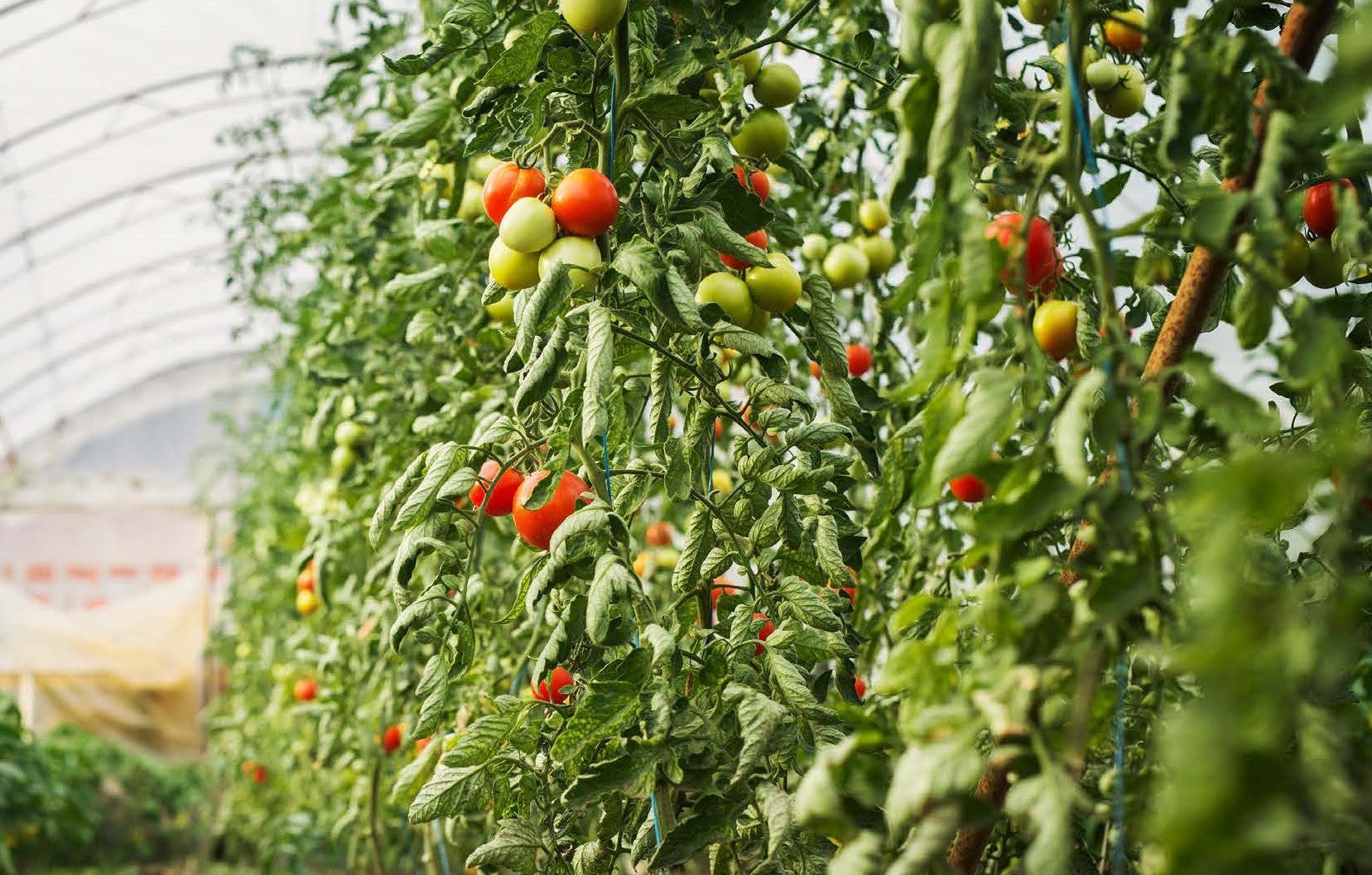Weary from Garden Worms?
Published 5:00 pm Thursday, June 8, 2023
|
Getting your Trinity Audio player ready...
|
By Mallory Kelley
Regional Extension Agent
Home Grounds, Gardens, Home Pests
Earthworms are the beneficial crawlers down below the surface of the soil that create garden gold helping the plants grow and produce. But other worms are there, nibbling away until half of the garden plants disappear overnight and look like they have been through an overnight war.
From the cabbage looper, tomato hornworms, armyworms and fruit worms there are lots of different larvae attacking the plants in the garden and gardeners must be ready early to wage a war and win.
Armyworms will be coming soon, and this is the one gardeners are least concerned about as they really will not kill the turf. These worms are just eating the foliage of the leaf blades and causing the turf to look dead and brown, but if the ground is kept moist, with time the grass will grow back. Most people don’t know they have armyworms in their turf until they pull the lawn mower onto the driveway and later in the afternoon see the worms trying to find their way back to the protection of the lawn grass.
Other worms may be found munching on the leaves of oak, hickory or maple trees in the landscape. These present no major reason for concern and control is not normally recommended. This early in the summer the branch will leaf out again and if it’s late in the summer to early fall the worms are taking care of the leaves so gardeners don’t have to rake.
Gardeners do, however, need a battle plan for the vegetable garden! From the cabbage loopers, tomato hornworm, and different fruitworms in plants like corn and tomatoes, gardeners need to be scouting for these daily.
It is best to keep the plants sprayed or dusted regularly so that the product will kill the larvae when they are very small and it only takes a small ingested amount for control. Once the larvae are large, easy to find, and they have taken down most of the plant before they are noticed, then hand picking is going to be the best option. Remember, the larger the insect the more product must be ingested to kill it and most of their feeding has already been done and they are ready to pupate.
All worms in the vegetable garden come in as moths, (cabbage loopers, tomato fruitworms, armyworms and hornworms). There are many different chemicals that will control these, but the go to should be sprays or dusts with the active ingredient Bacillus thuringiensis. This is a bacteria that is a gut poison to worms and worms alone. It has a zero post-harvest interval, which means gardeners can apply the product and eat the fruit the very same day. The key to success against worms is to keep this product present on the plant. The most effective control is just after eggs hatch when caterpillars are still small.
Worm larvae inside the stem like the squash vine borer in cucurbits or the plum curculio in plum or peach tree fruit are actually the larvae of wasps and beetles and those are very difficult to control as they are boring into the stems. Scouting again is going to be key to success and control products like malathion on your peach and plum trees starting early in the season to pyrethroid on the squash will help with control, but early application and scouting is very important.
The Lowndes County Extension Office will host a Vegetable Gardening Workshop on June 15 from 10 a.m. to 2 p.m. at Hayneville Baptist Church. Cost for the workshop is $15 and includes lunch and a vegetable transplant. To register, call (334) 703-4877 or visit www.aces.edu/go/veg.
For answers to other garden related questions please call the Master Gardener Helpline at: 1-877-ALA-GROW (252-4769).





